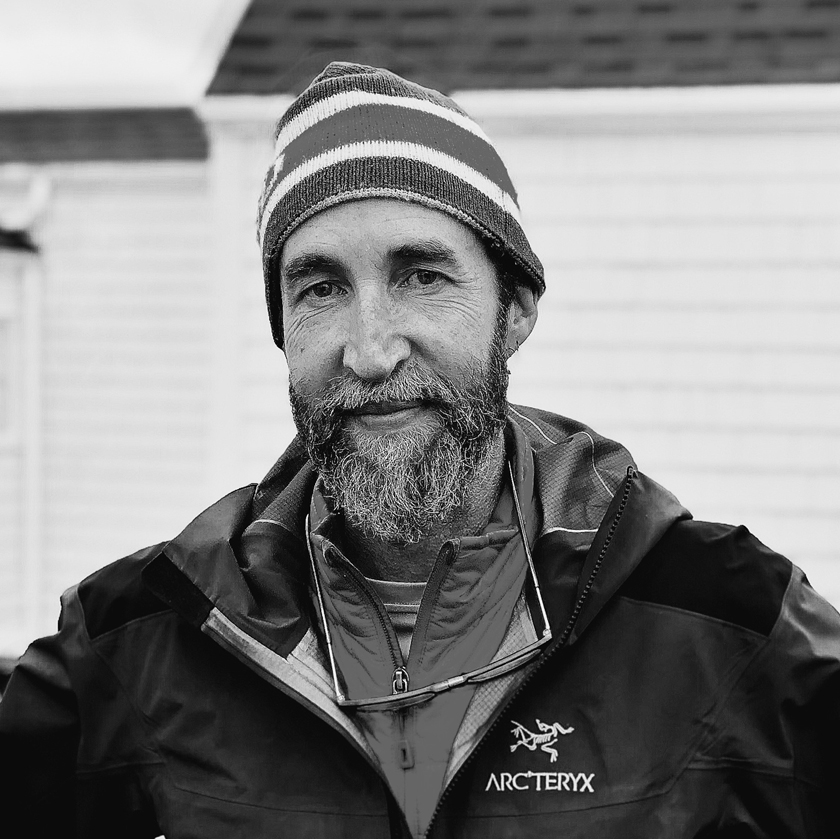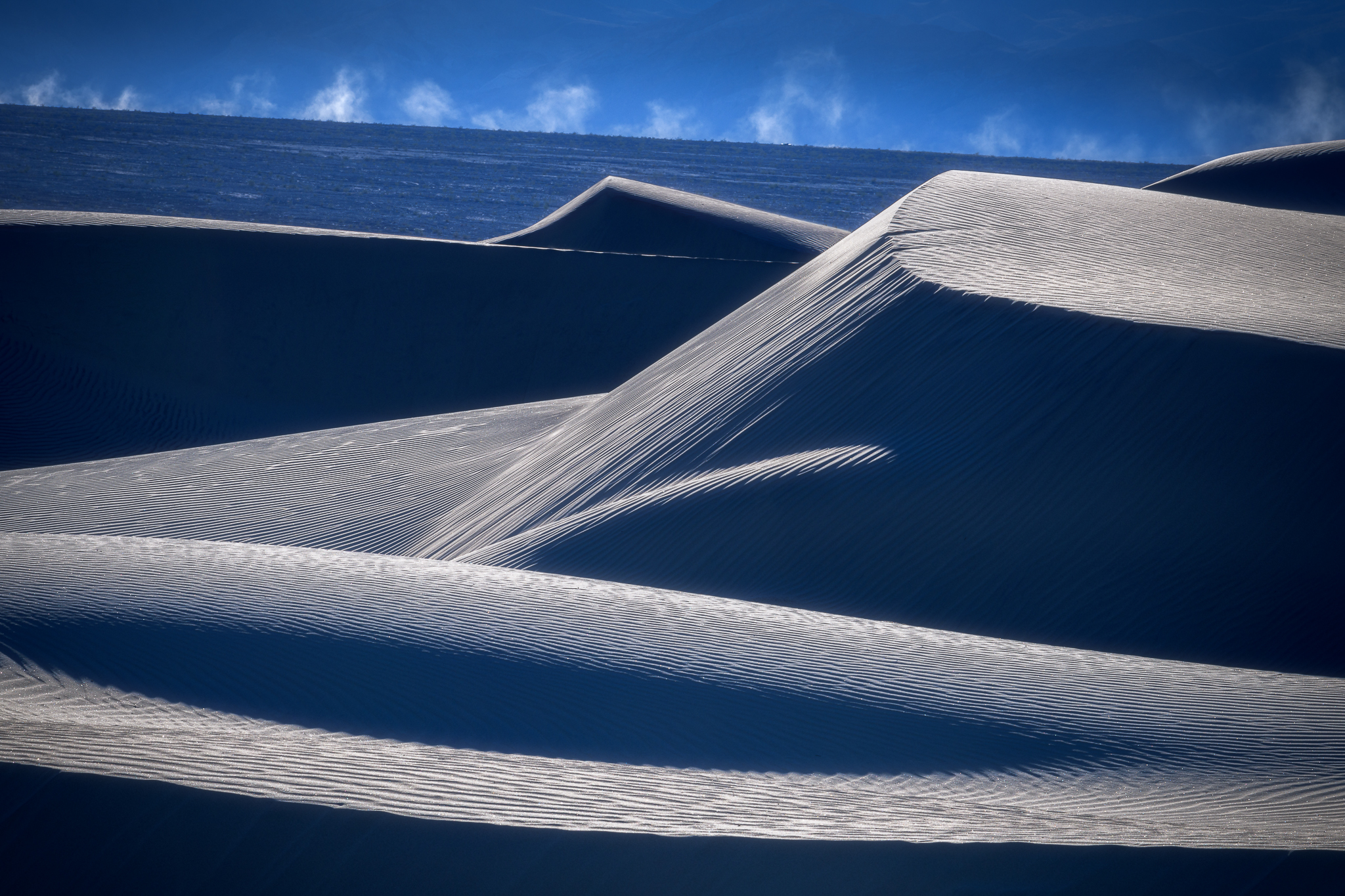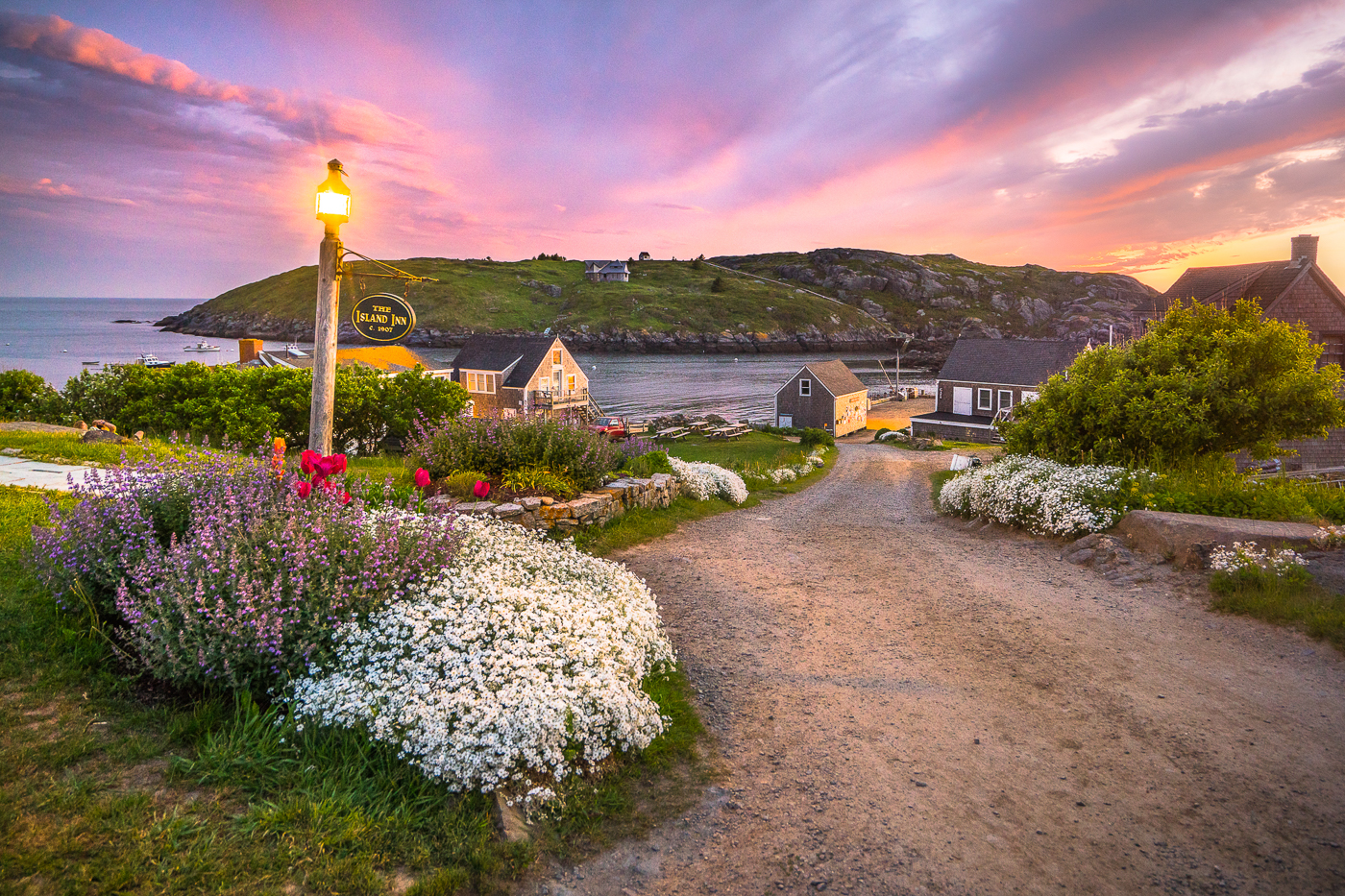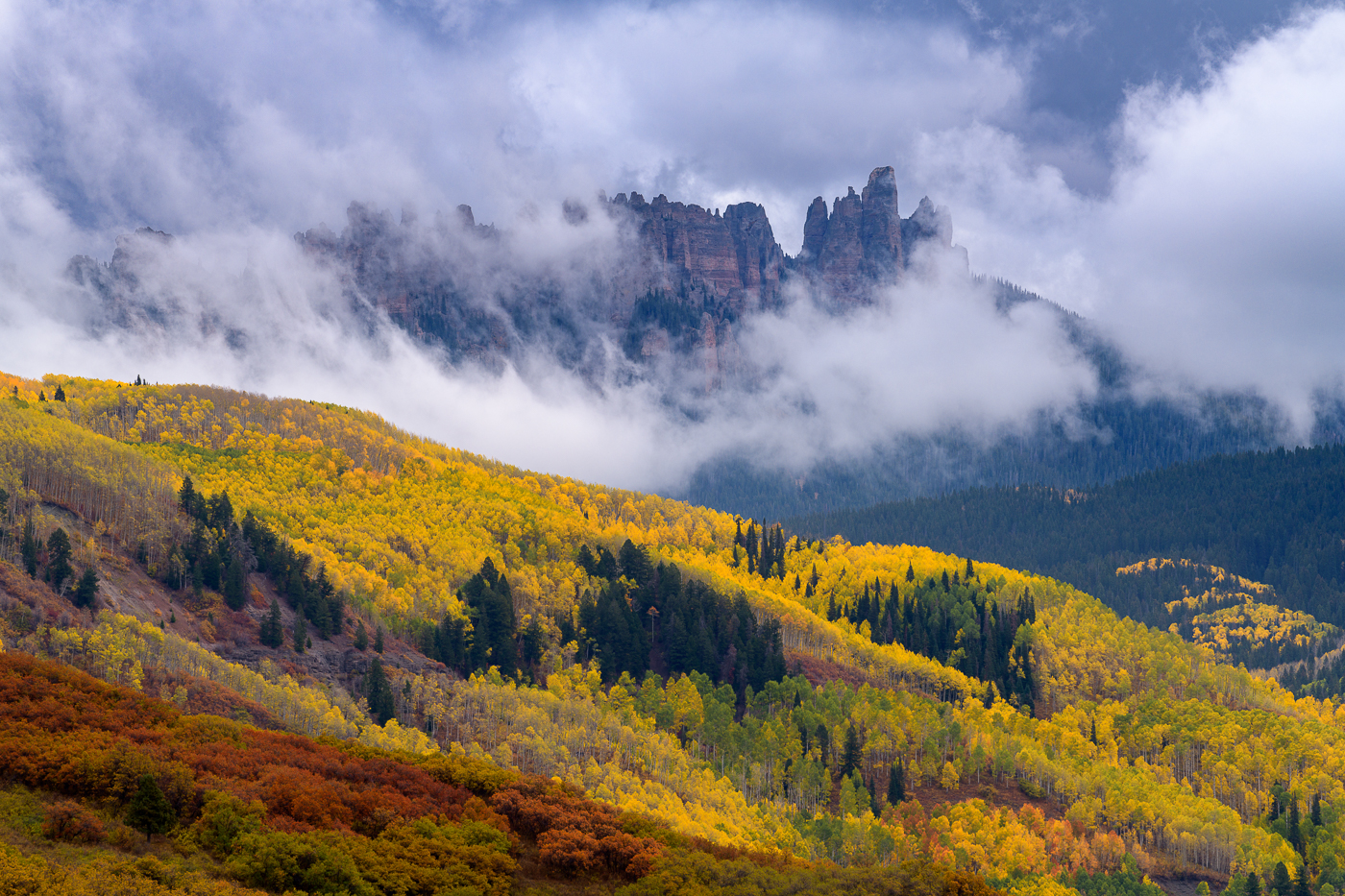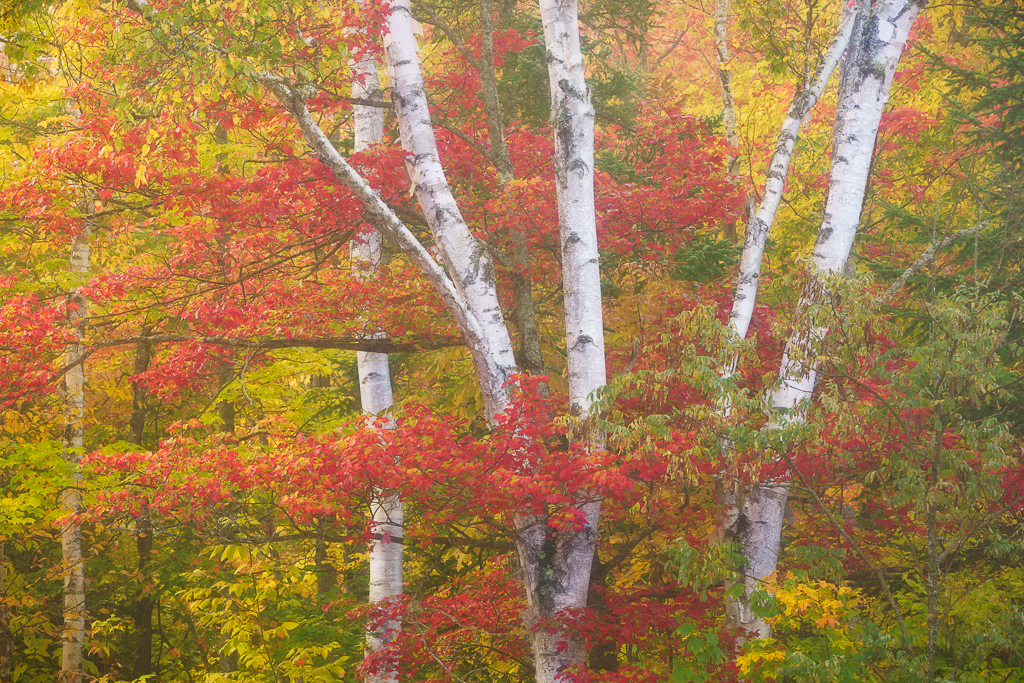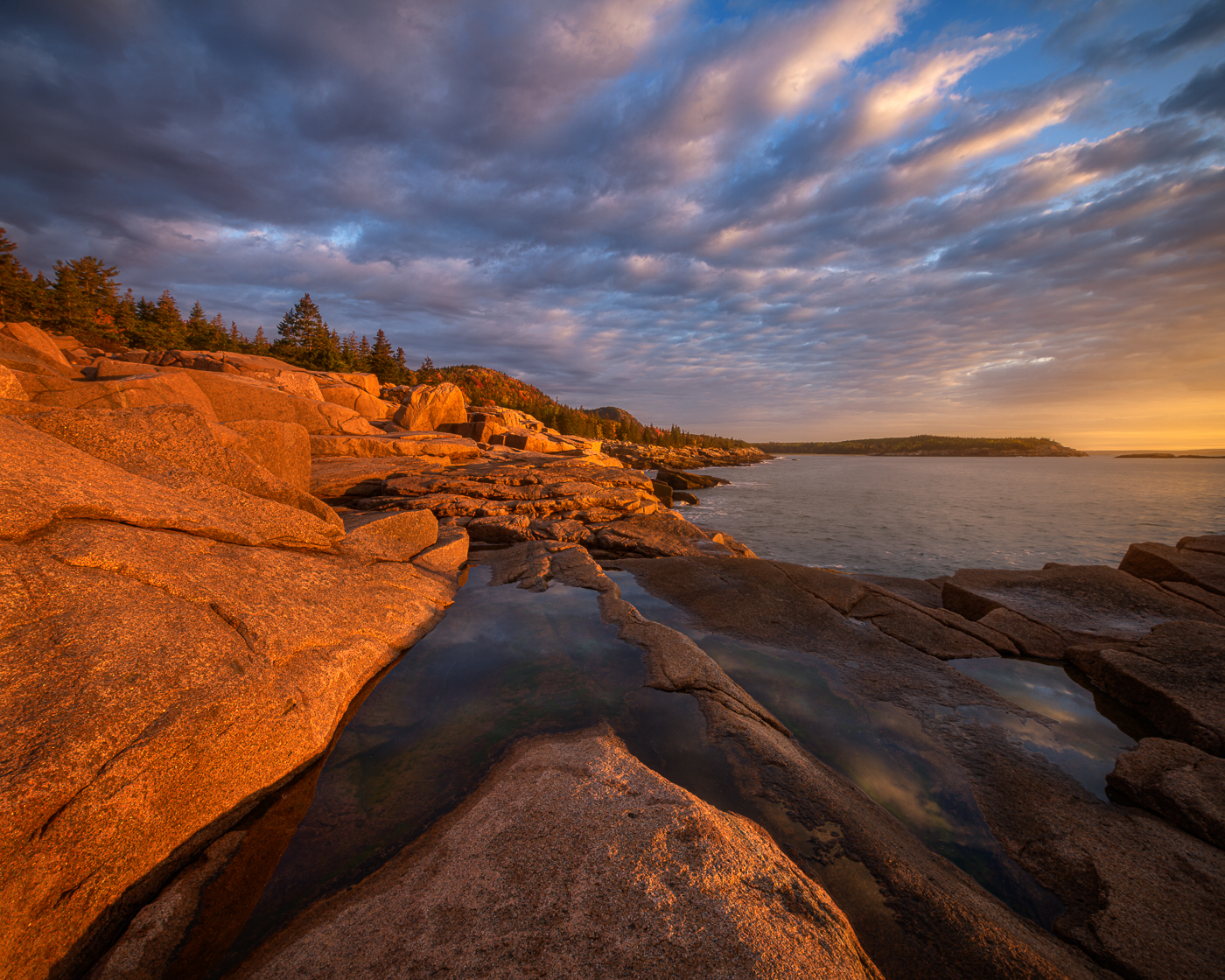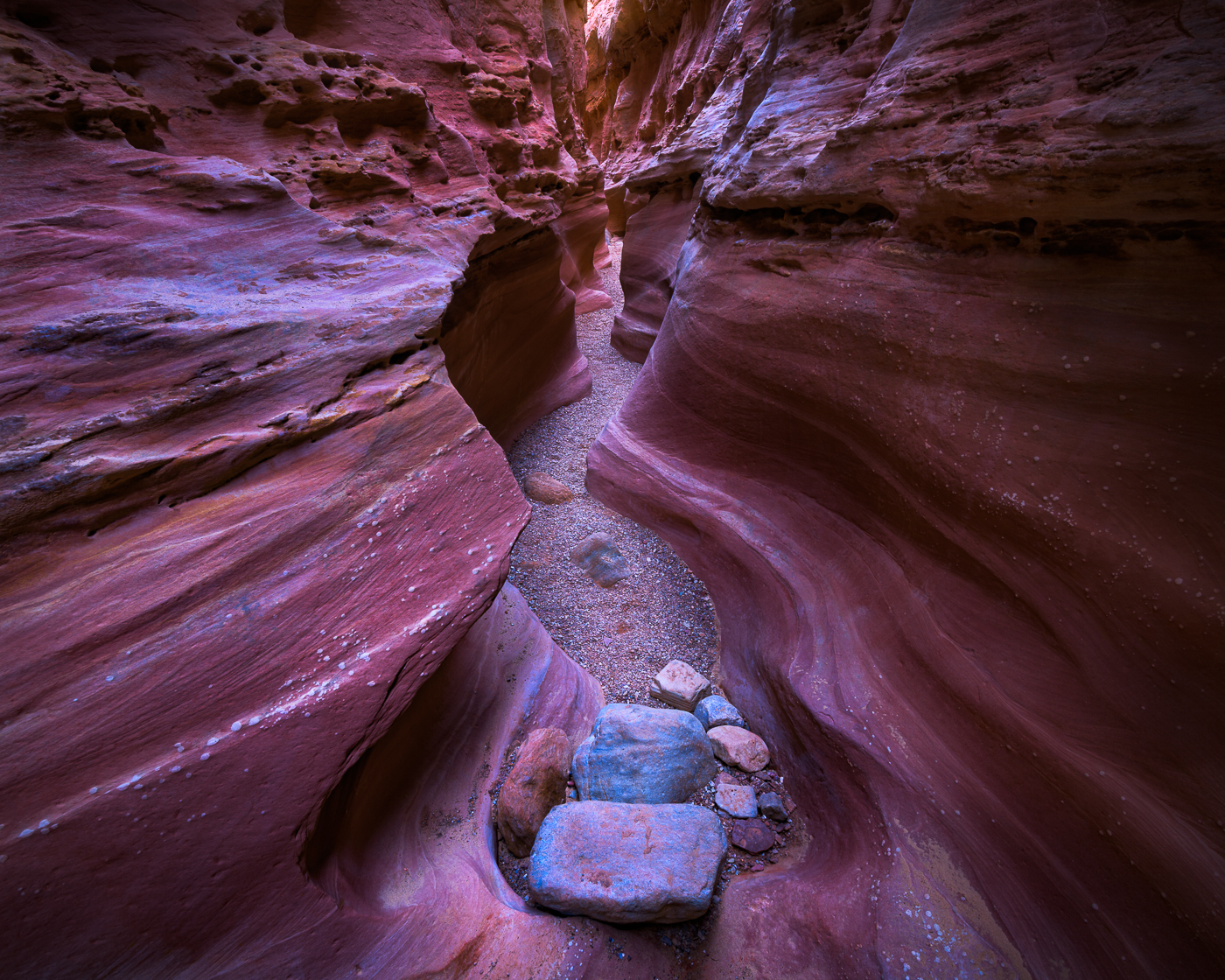Over the past several years I’ve notice my work evolving more toward favoring the wide-angle landscape. What can I say? I’m addicted to big scenes and wide-angle compositions that showcase a stunning landscape and dramatic sky. In composing scenes like these I invariably search for something to anchor the foreground, something to provide scale, immediate interest and most of all something to grab the viewer’s short attention span and get them engaged. However, this can sometimes come at a cost.
I often find myself scurrying around like a chicken with its head cut off looking for just the right foreground element to compliment my 16mm vision. This inevitably is all happening 5 or 10 minutes before the light is about to go off adding stress and anxiety to the already harried pace of my sunrise/sunset existence. However, a recent experience in Cape Breton, Nova Scotia got me thinking about how many great possibilities I’ve missed over the years by “over thinking” and “over searching” for the perfect cluster of rocks, flowers, or __________ (fill in the blank) to put in the immediate foreground of my shot. Does every wide-angle scene need something in the immediate foreground, mere inches from the lens to make it successful? Nope!
Take this shot of the Black River in Cape Breton Highlands. While out scouting possible sunrise locations one afternoon I stumbled across this scene and instantly knew it held tremendous potential. The perspective was good for sunrise and at low tide an elegant S curve of the river was revealed as it meandered to the sea. Since the tide would be at approximately the same point in its cycle the next two mornings I figured I’d dial in my composition so that I could relax a little the next morning. I wandered around the beach looking for a good foreground element around which to build my composition. The more I searched the less I found, and in fact the further away from this composition I got. I thought, could it really be this simple, just show up on the beach, plop the tripod down and shoot the first thing that caught my eye? Apparently, Yes.

“River of Light,” Cape Bretton, Nova Scotia, Canon 5DII, 20mm, f22 (for the sunstar) @ .6 sec. ISO 100, 3 stop reverse grad
The lesson being, yes you need to work the scene, challenging yourself to exhaust all compositional options before settling on a composition and calling it quits. But sometimes there is a danger in “over thinking” or “over composing” a scene, ultimately losing sight of what initially caught your eye. Don’t be a slave to foreground! Sometimes it really is just that simple.

